Best books … chosen by Leslie Cockburn
Journalist and author Leslie Cockburn is a contributing editor at Vanity Fair. Her documentary about the economic crisis, American Casino, debuts this week at the Tribeca Film Festiva
A free daily email with the biggest news stories of the day – and the best features from TheWeek.com
You are now subscribed
Your newsletter sign-up was successful
Journalist and author Leslie Cockburn is a contributing editor at Vanity Fair. Her documentary about the economic crisis, American Casino, debuts this week at the Tribeca Film Festival.
Infinity in the Palm of Her Hand by Gioconda Belli (Harper, $24). With her latest novel, Belli rewrites the creation myth to give us Eve’s point of view. Her writing is deliciously sensual, like jumping into a vat of whipped cream.
Americans in Paris: Life and Death Under Nazi Occupation 1940-44 by Charles Glass (HarperPress, London). Before reading Charles Glass’ new book, it never occurred to me that so many Americans refused to leave Paris under Nazi occupation. Glass has uncovered a fascinating chapter of forgotten history.
The Week
Escape your echo chamber. Get the facts behind the news, plus analysis from multiple perspectives.

Sign up for The Week's Free Newsletters
From our morning news briefing to a weekly Good News Newsletter, get the best of The Week delivered directly to your inbox.
From our morning news briefing to a weekly Good News Newsletter, get the best of The Week delivered directly to your inbox.
The Master by Colm Toibin (Scribner, $15). Toibin writes about Henry James in the way that James tried to write about the American abroad. Toibin’s description of James’ being cruelly humiliated at an English dinner party is pure James, only better. Toibin is the master.
The Way to Xanadu by Caroline Alexander (out of print). Alexander takes Samuel Taylor Coleridge’s Kubla Khan and goes on a remarkable quest to track the origins of the poem, ending up in some very surprising places, including Florida.
The Dark Valley by Piers Brendon (Vintage, $20). It’s a really good time to read about the ’30s. Brendon takes the reader on a tour of that distressed decade, moving fluidly between Depression New York, Hitler’s Berlin, Il Duce’s Rome, and Franco’s Spain so that one can see things happening simultaneously.
The Cousins’ Wars by Kevin Phillips (Basic, $25). If you want some startling revelations about Anglo-American history that challenge everything you read in school, this is the book. At times, there was far less religious tolerance in 17th-century Puritan Massachusetts than there was in England. At other times, the English became more puritanical than their American relations, going so far as to ban Christmas and Easter in 1645.
A free daily email with the biggest news stories of the day – and the best features from TheWeek.com
-
 Will increasing tensions with Iran boil over into war?
Will increasing tensions with Iran boil over into war?Today’s Big Question President Donald Trump has recently been threatening the country
-
 Corruption: The spy sheikh and the president
Corruption: The spy sheikh and the presidentFeature Trump is at the center of another scandal
-
 Putin’s shadow war
Putin’s shadow warFeature The Kremlin is waging a campaign of sabotage and subversion against Ukraine’s allies in the West
-
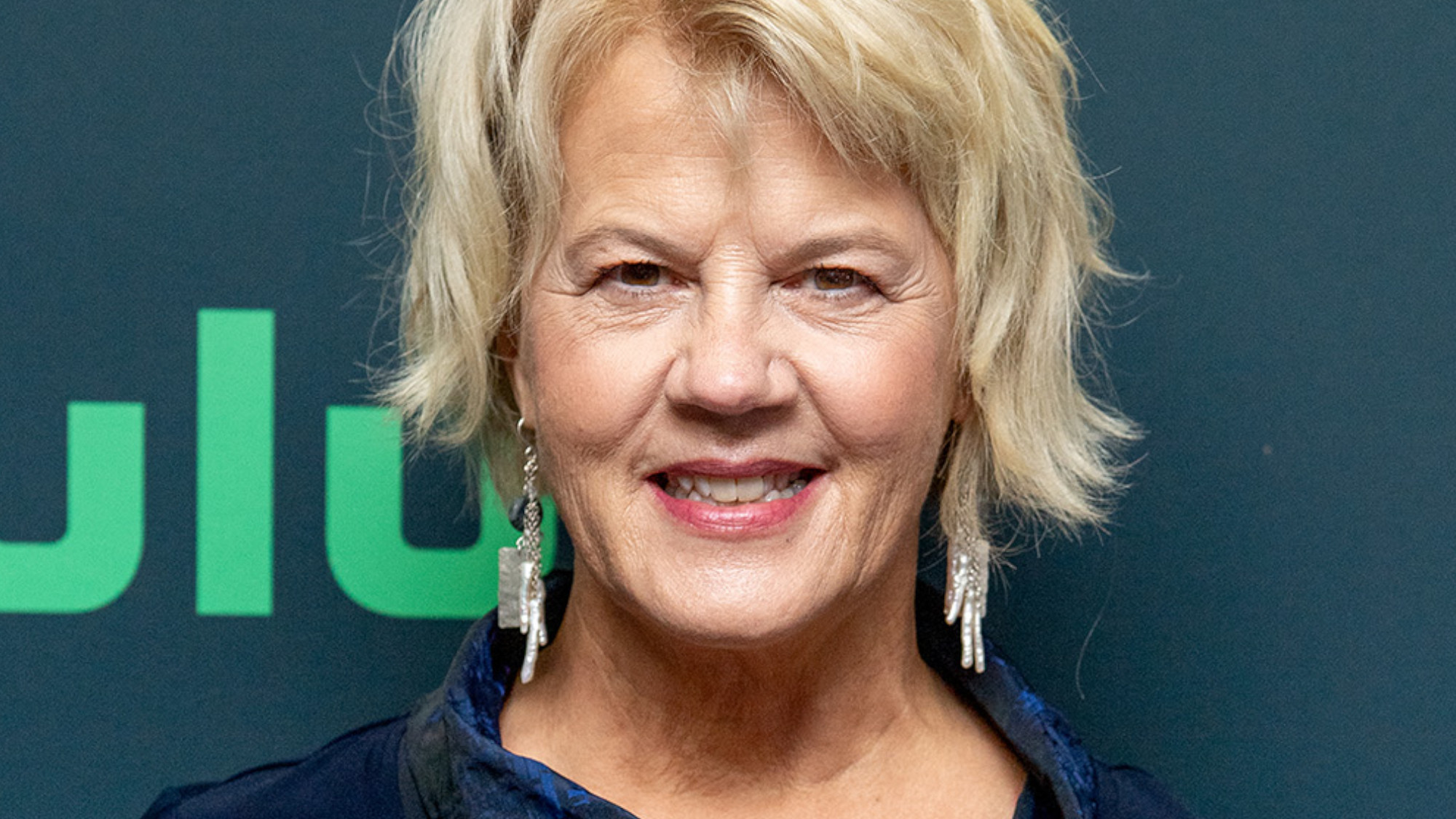 Beth Macy’s 6 favorite books about living in a divided nation
Beth Macy’s 6 favorite books about living in a divided nationFeature The journalist recommends works by Nicholas Buccola, Matthew Desmond, and more
-
 Gilbert King’s 6 favorite books about the search for justice
Gilbert King’s 6 favorite books about the search for justiceFeature The journalist recommends works by Bryan Stevenson, David Grann, and more
-
 Nathan Harris’ 6 favorite books that turn adventures into revelations
Nathan Harris’ 6 favorite books that turn adventures into revelationsFeature The author recommends works by Kazuo Ishiguro, Ian McGuire, and more
-
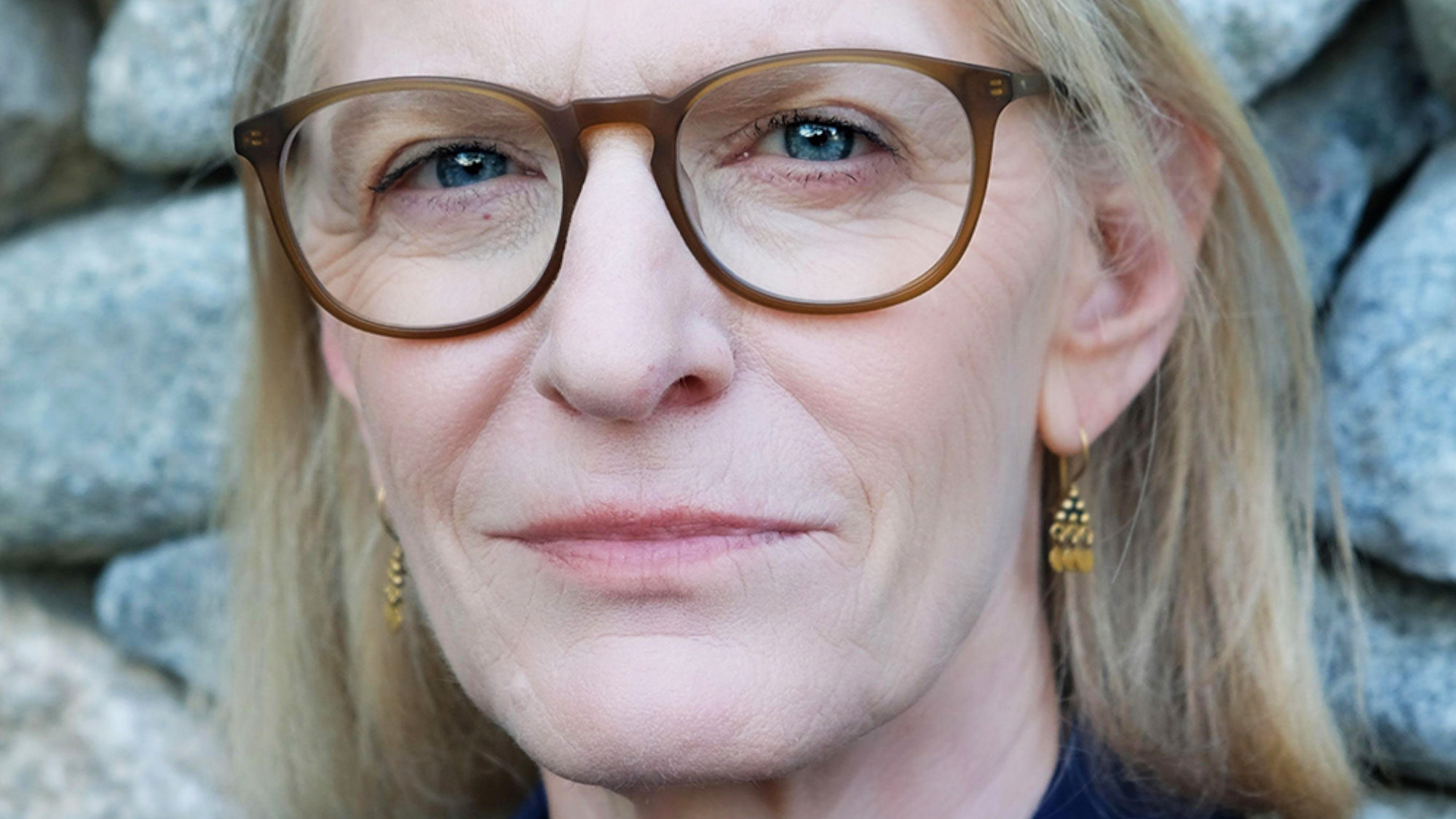 Marisa Silver’s 6 favorite books that capture a lifetime
Marisa Silver’s 6 favorite books that capture a lifetimeFeature The author recommends works by John Williams, Ian McEwan, and more
-
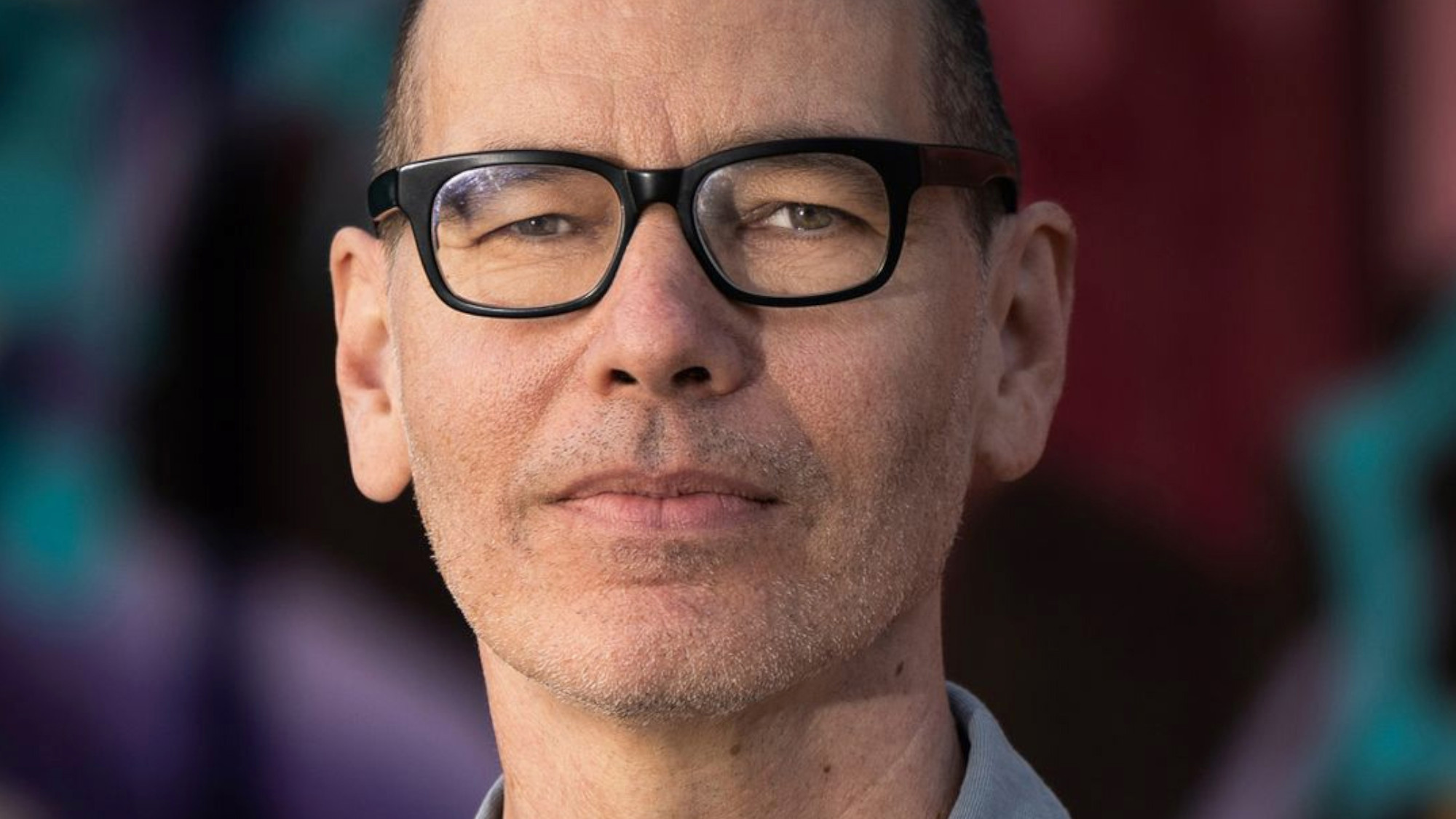 Lou Berney’s 6 favorite books with powerful storytelling
Lou Berney’s 6 favorite books with powerful storytellingFeature The award-winning author recommends works by Dorothy B. Hughes, James McBride, and more
-
 Elizabeth Gilbert’s favorite books about women overcoming difficulties
Elizabeth Gilbert’s favorite books about women overcoming difficultiesFeature The author recommends works by Tove Jansson, Lauren Groff, and more
-
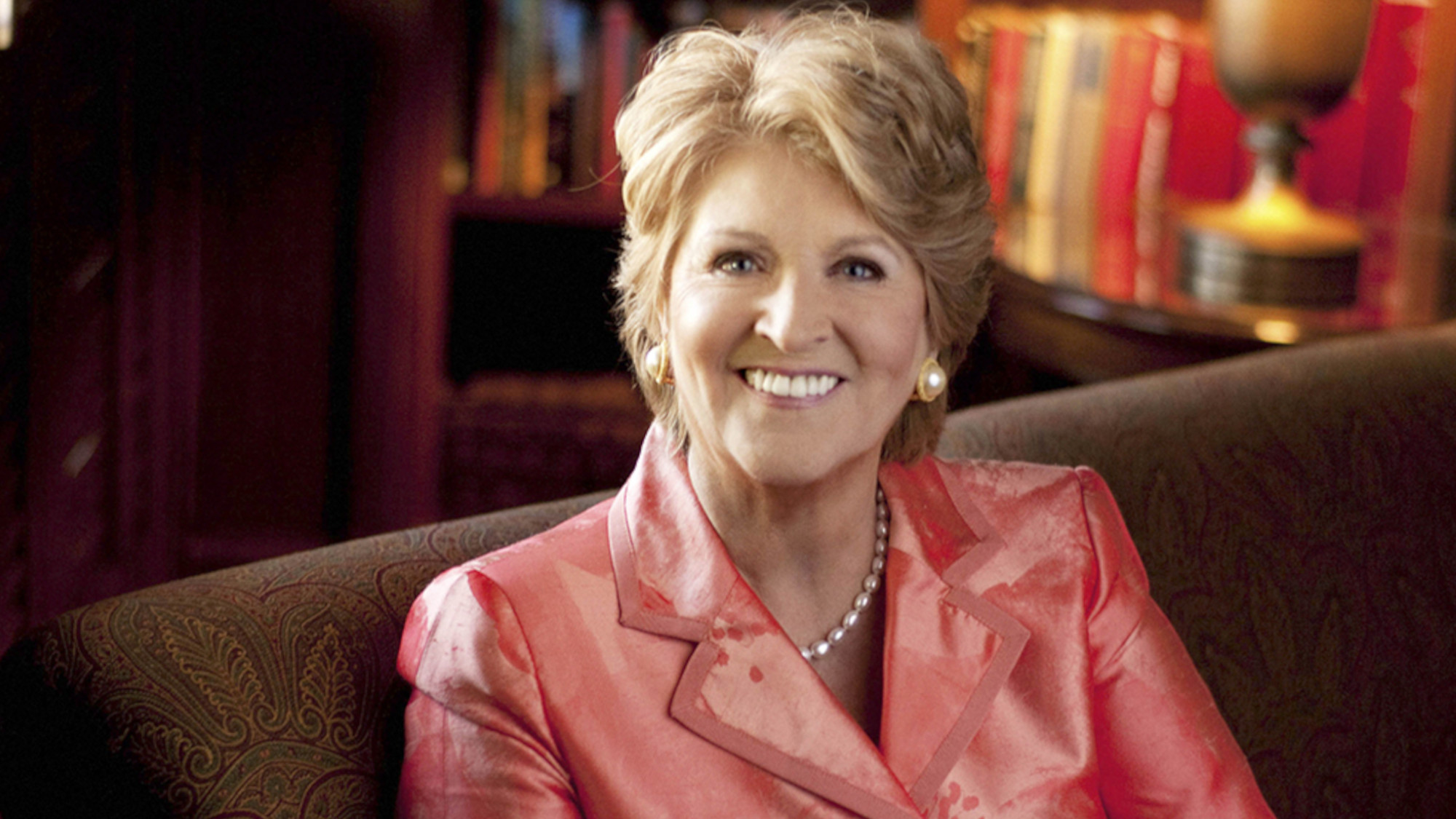 Fannie Flagg’s 6 favorite books that sparked her imagination
Fannie Flagg’s 6 favorite books that sparked her imaginationFeature The author recommends works by Johanna Spyri, John Steinbeck, and more
-
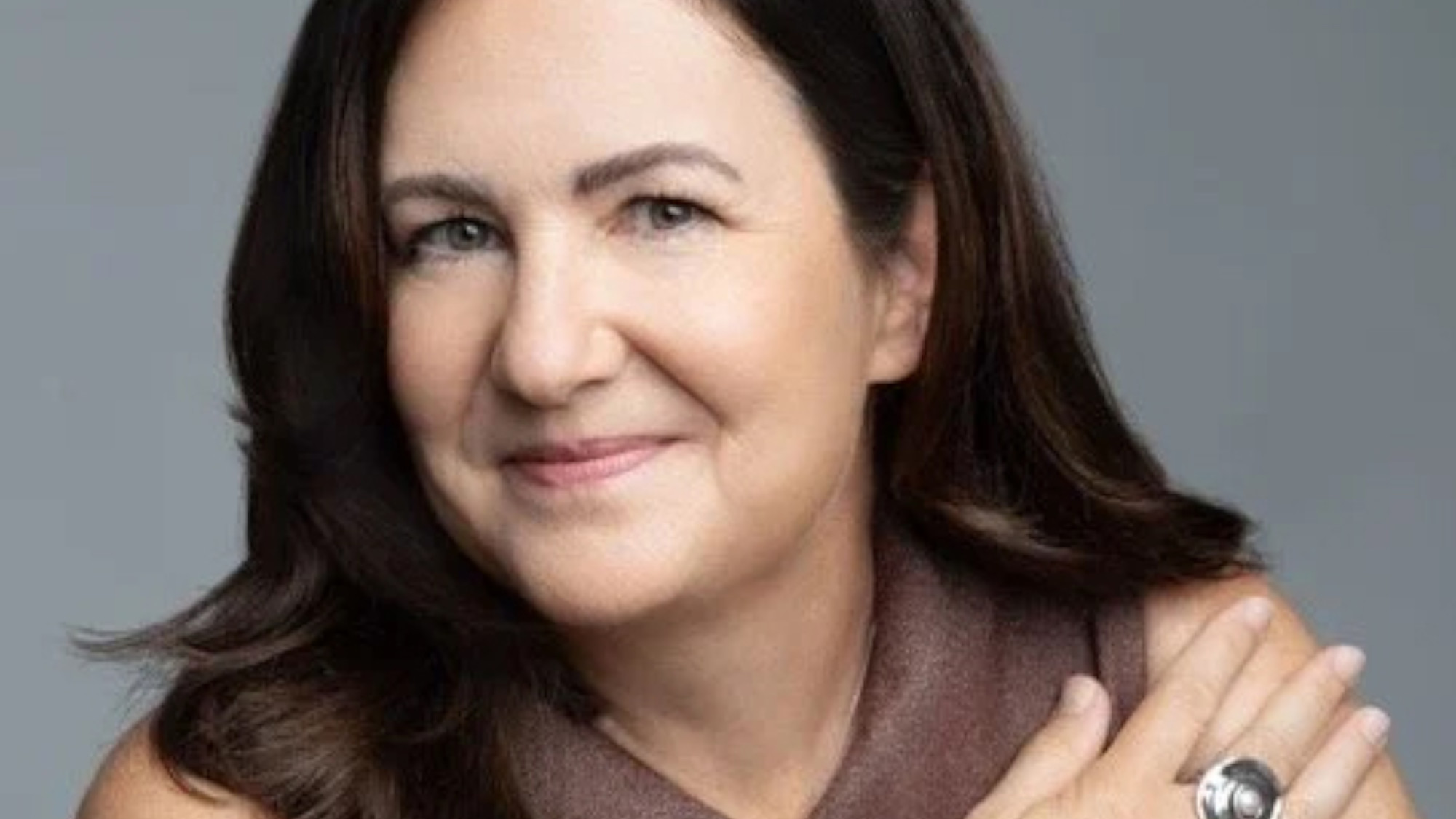 Jessica Francis Kane's 6 favorite books that prove less is more
Jessica Francis Kane's 6 favorite books that prove less is moreFeature The author recommends works by Penelope Fitzgerald, Marie-Helene Bertino, and more